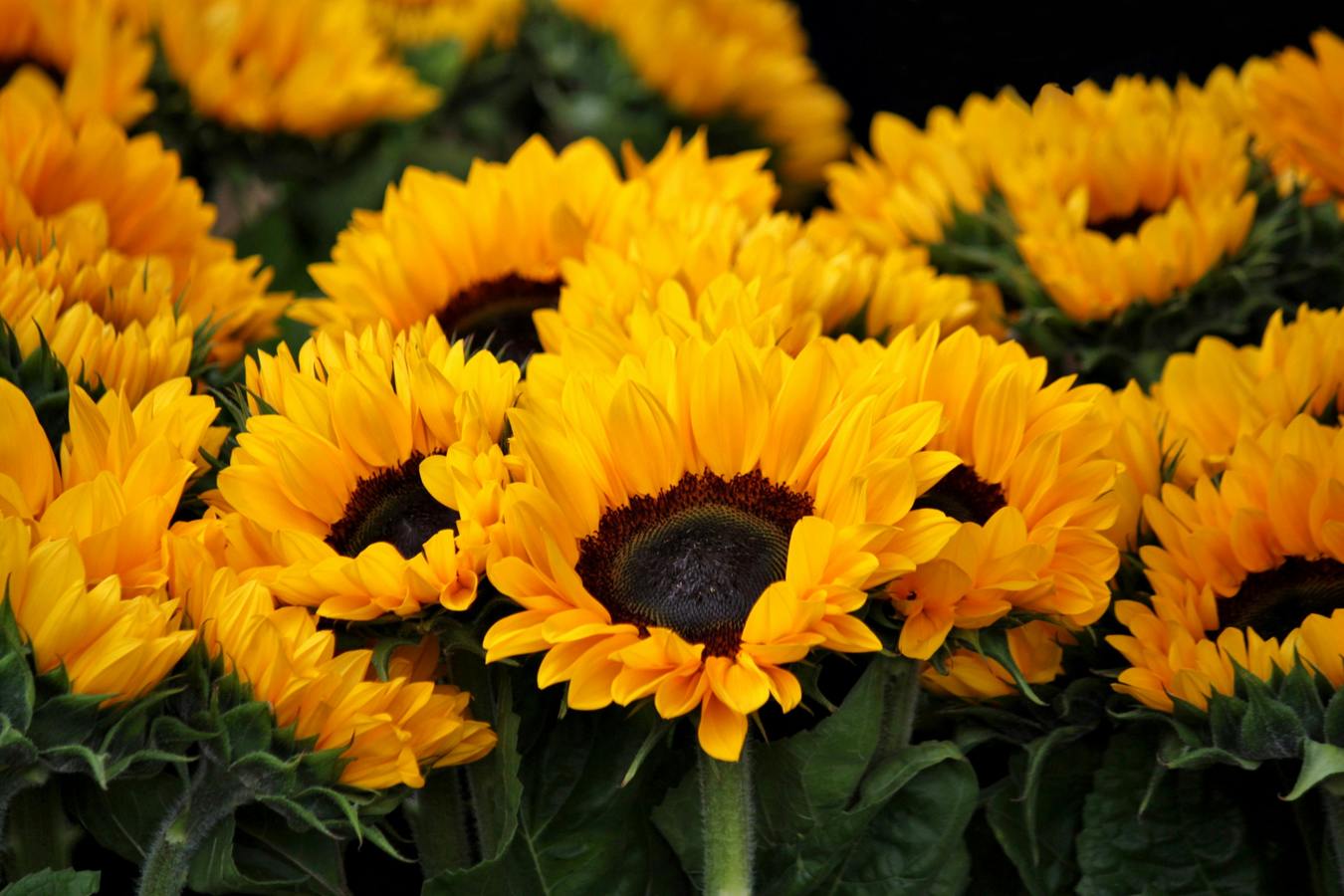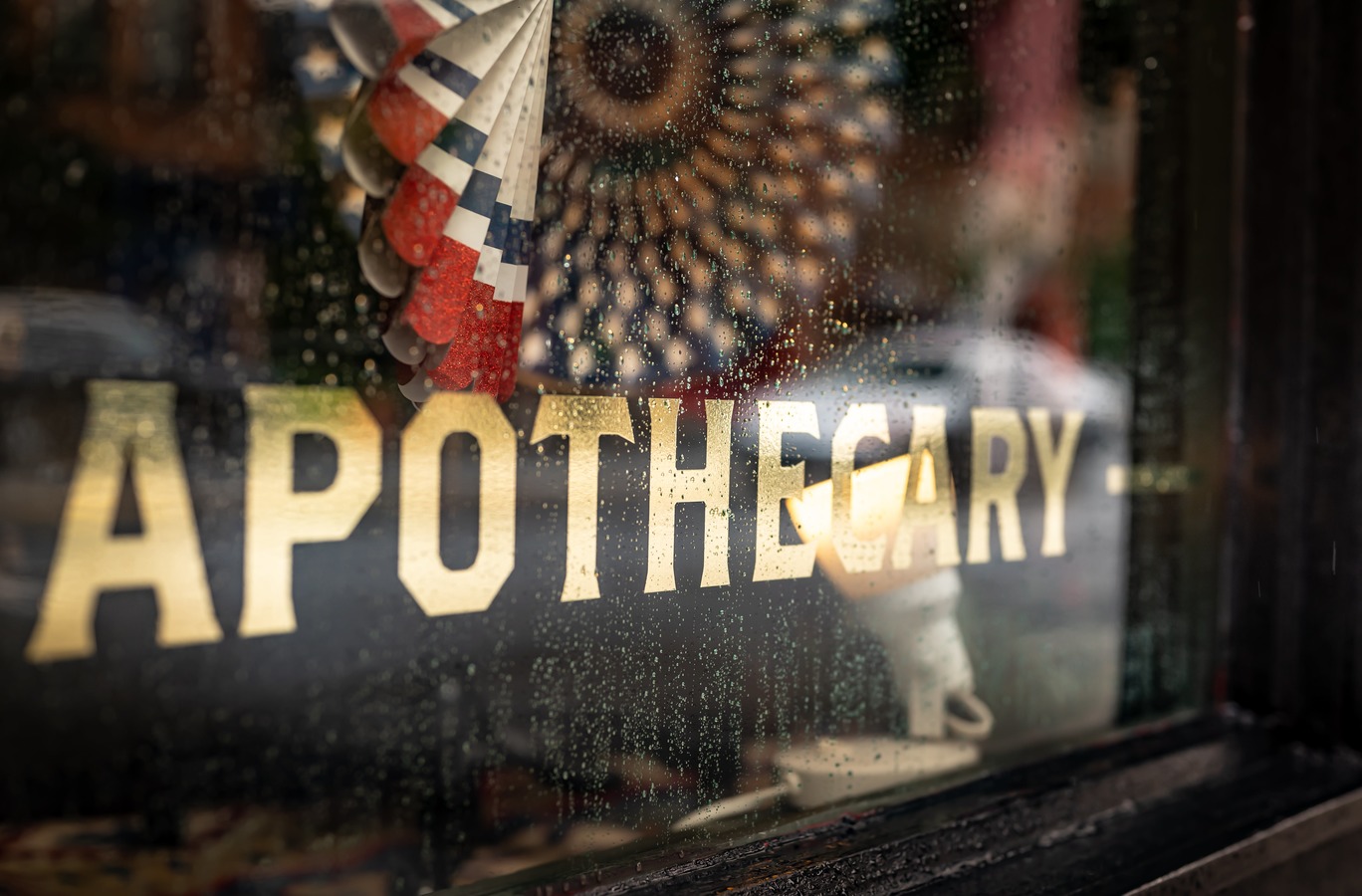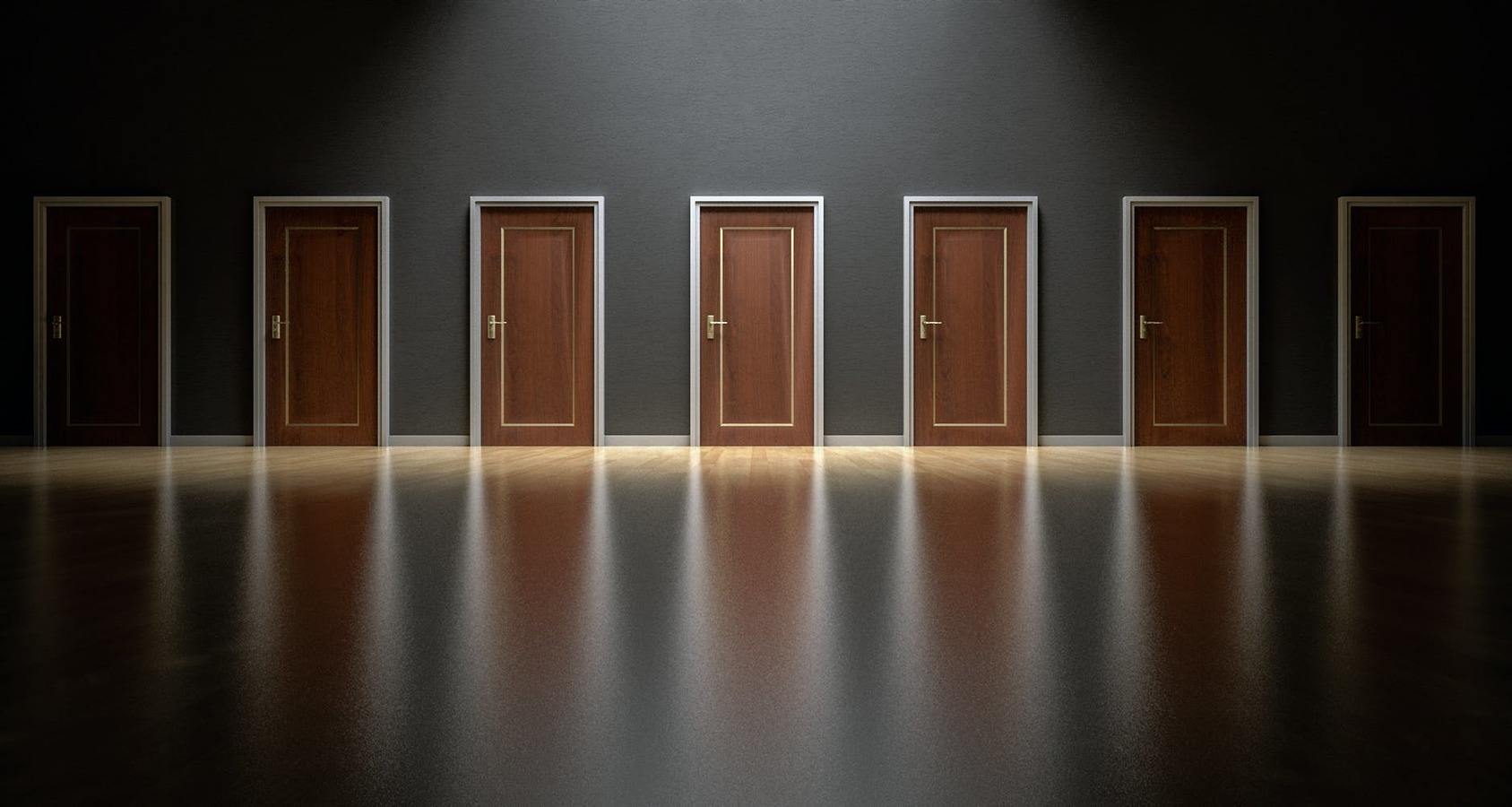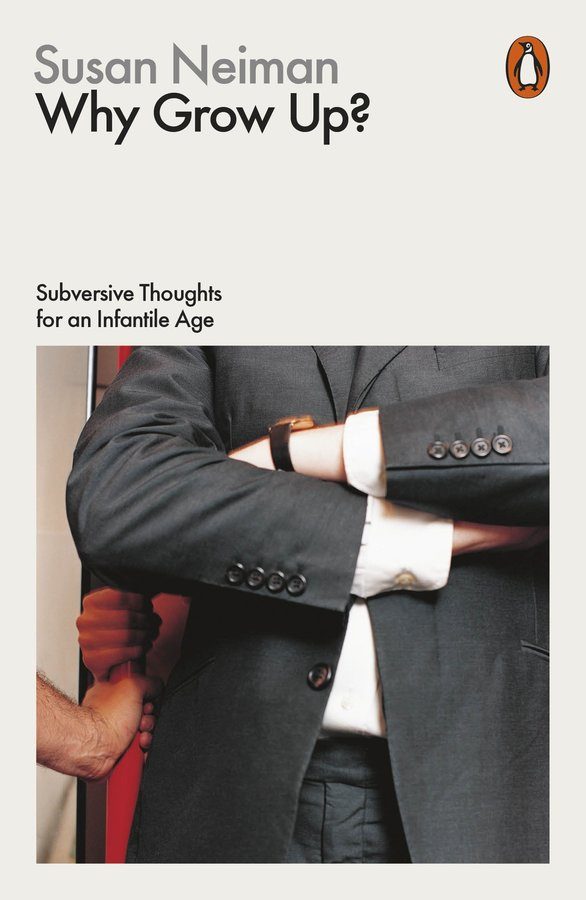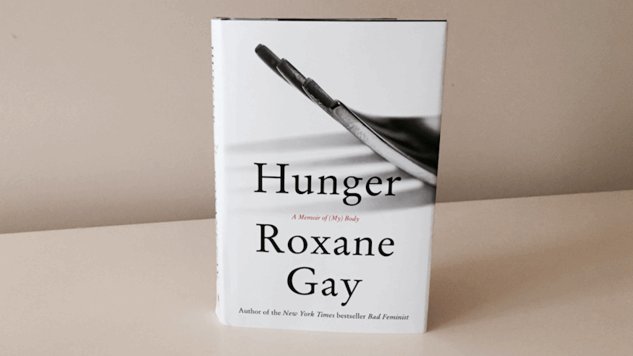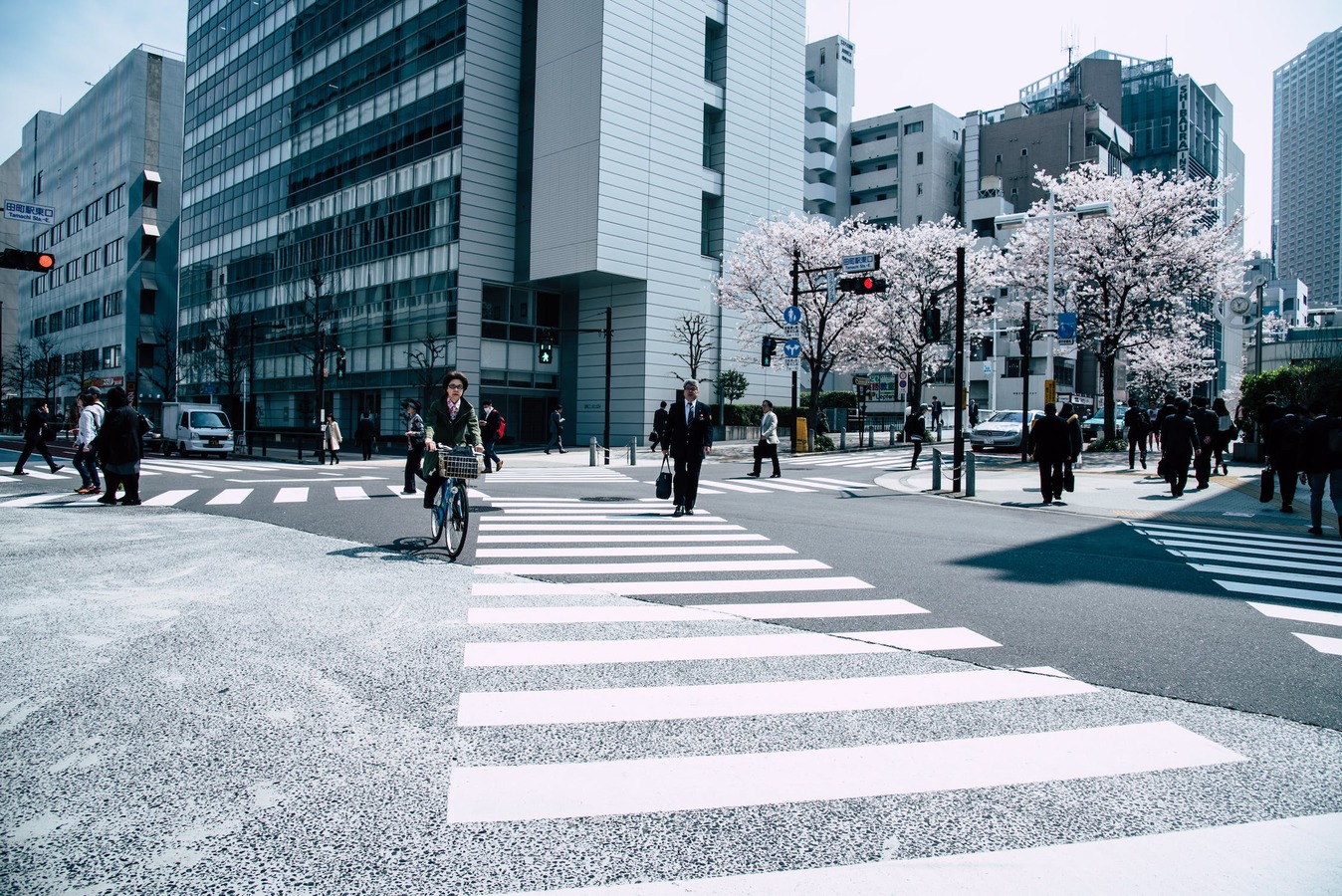Content note: illness, eating disorders, disordered eating
In spring 2022, as I sat with COVID-19, coughing and sweating, I began to notice two things: an impatience with and guilt about feeling so unwell; and a nagging need to ‘emerge’ from the illness better, improved.
What would it look like, I scribbled in my diary, to just be ill? To just lie on this sofa and rest? And I burst into tears.
I learnt, from an even younger age, that sickness was inconvenient to others. My sickness meant days off work, missed meetings, a broken routine. The impatience of my parents when I had measles aged four, when I was vomiting aged 14, made me feel that my sickness, my self, was an inconvenience. This was my experience throughout my childhood and, again, even as married mother of two. Of all the things I recall from an often difficult marriage, eyes being rolled and frustration being expressed because I was ill and work had to be missed so that the children could be cared for is one of the most upsetting, even now.
I, too, can find myself getting frustrated when sickness interrupts my plans, but I tend to manage better now. I accept and let go as much as I can. Mostly because I know the harm that being seen as an inconvenience for something that is not your fault can do. No one believed me when I said I was ill, so trusting my own children is vital to me.
Beyond this, sickness has been co-opted as part of the neo-liberal self-optimisation process. You can’t just be ill, it seems. You have to use it as a tool to transform yourself and your life. We’re encouraged to maximise our experience of sickness so that it becomes useful, productive – lucrative even. Sickness has become a creative resource, an experience to be skilfully utilised for the endless task of perfecting our selves. Think of Knausgaard, who famously wrote an enormous book while recovering from a neck injury. What do you mean you got sick and didn’t write a bestselling novel during that time? Heaven forbid that we just be ill. No, now illness must inspire a new understanding, a new sense of self, a desire to be better to do better, to be better. You have to get better, and you have to do it in the ‘right’ way. To use the time productively, watch the right things, read the right things, journal the right plans and dreams and emerge a new improved version of you. Also: thinner.
I learnt about thinness and diet culture as a preteen (and wrote about it in my first novel, Appetite). Aged 11, reading Deborah Hautzig’s Second Star to the Right, the acclaimed book about anorexia as well as trauma and Jewish experience, I learnt that sickness could also mean weight loss. I already knew, even at that young age, that weight loss was an objectively ‘good’ thing. The main character gets sick with pneumonia and loses weight. She’s praised for it and continues to lose weight until she’s very ill indeed. I too wanted to get ill and lose weight. I thought this would make me ‘good’. Later, as a twenty-something, I envied people who got food poisoning and lost weight. I craved an illness that would make me drop that always elusive last ten pounds.
It’s not just illness that raises these expectations. We’re being asked (told) to use every moment, hobby, meal and drink as a way of improving ourselves and our ‘wellness’. Everything we do and drink and think has been drafted into the service of personal optimisation, and also in service to an industry worth $1 trillion annually. We have to hustle, use every moment, monetise every dream and joy.
Why can’t we just be tired and rest? Be hungry and eat? Feel creative and create? And, even beyond that, why can’t we still be tired after all that rest? Why does rest always have to mean getting back faster and better?
Even when I was sick, I found myself setting goals, targets: by this day I will have done this and that, by then this, by here that. It’s not just about ill-me but about always-me: never leaving myself alone, never letting myself just be.
It seems that with illness, as with so much of life, we’re always craving a narrative arc. The sense that we are inching towards that happy ending, perfection and joy.
This is bigger than the push against the self-optimisation BS though. It’s about accepting our frailties and flaws, our variable energy levels, our seasonal shifts and cycles. It’s okay to feel unmotivated, tired, headachey and sick. It likely doesn’t feel good, but if we need to rest we need to rest, and learning to do so without needing to put it on the ’gram or use it to become an author or ‘better’ human being is an important part of resisting the dominant narrative of more-more-more.
This has been discussed by Frances Ryan in the context of long-term, chronic illness. People want you to get better, to do the yoga and eat the plant-based (and usually highly restrictive) diet that will transform you from sick you to well and perfect you. A story of success via Pilates and plants. But this isn’t always possible. In addition, many of those who aren’t able to juice-cleanse themselves to full wellness have to deal with a lack of support, understanding and/or sympathy from friends, families and systems of care that are not able to manage with the lack of happy ever after conclusion to the narrative.
Illness can be like a forest fire. It can reset an ecosystem, clear away deadwood. Or, it can senselessly destroy. Leaving nothing in its wake but dead grey ash. Contrary to currently dominant self-empowerment mantras, you don’t get to decide which.
These systemic, structural issues play a huge part in the story. Enough rest – both for a short-term illness or a chronic condition – requires enough support and security to be able to take that rest. More than adequate wages and sick pay, it’s also about access for everyone to clean air, water, enough food, more than adequate person-centred care and support services. These should be actual priorities for social policy and government action as opposed to just talked-about ones.
Many of us crave the feeling of wellness and that’s valid. But maybe we can also learn to accept feeling bad? Or, at least, to not add an extra complication or narrative pressure to our illness and/or recovery. Can we learn to be ill, and accept illness in others, better?









